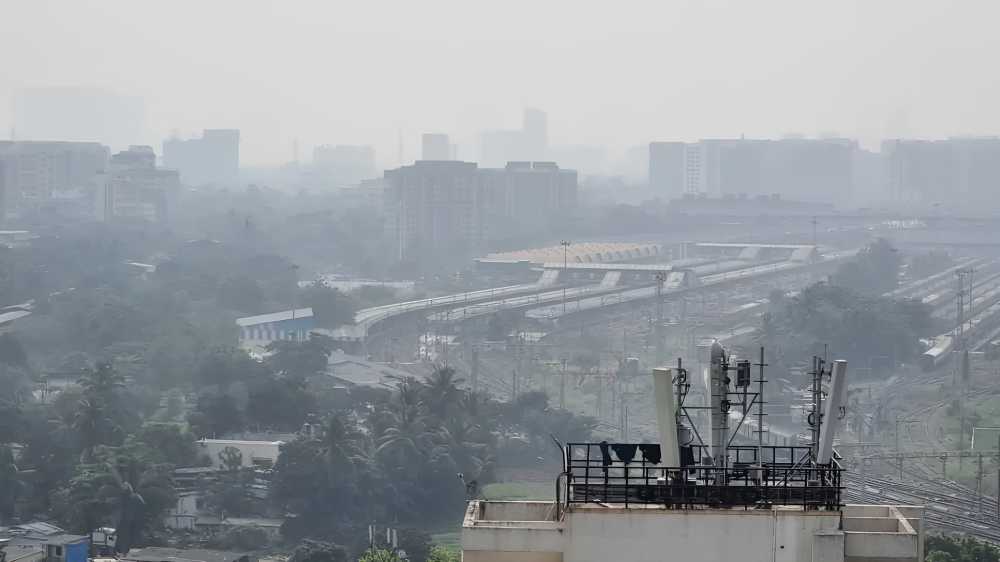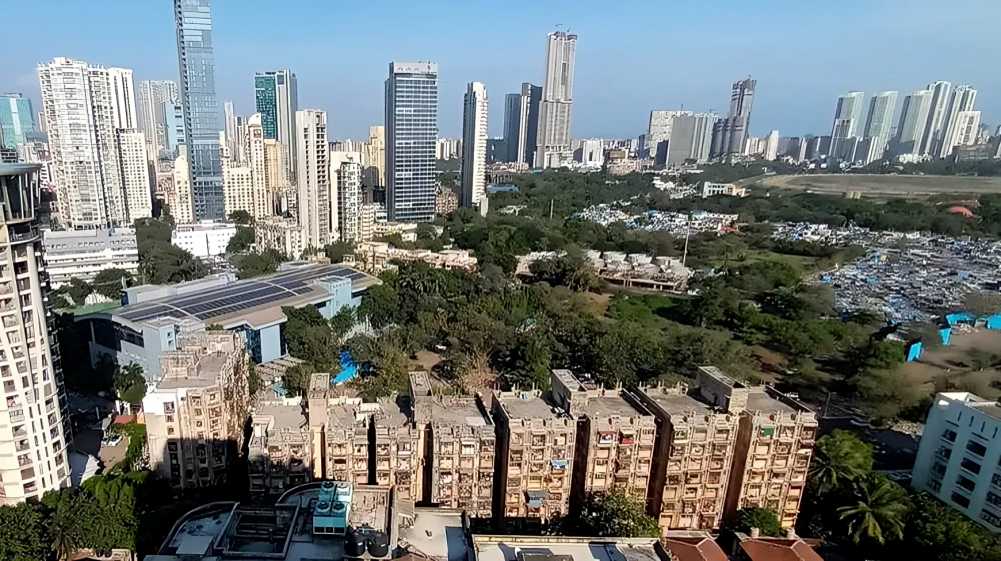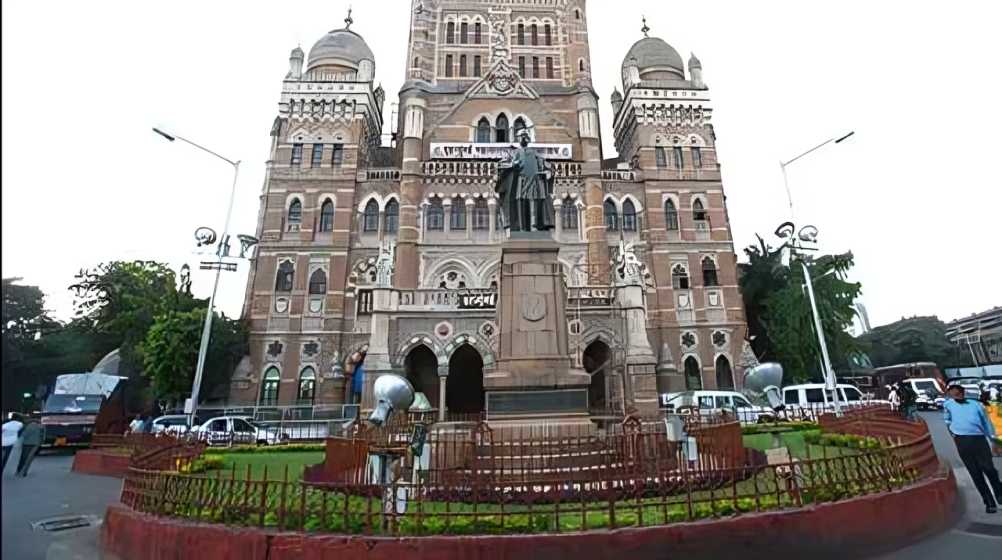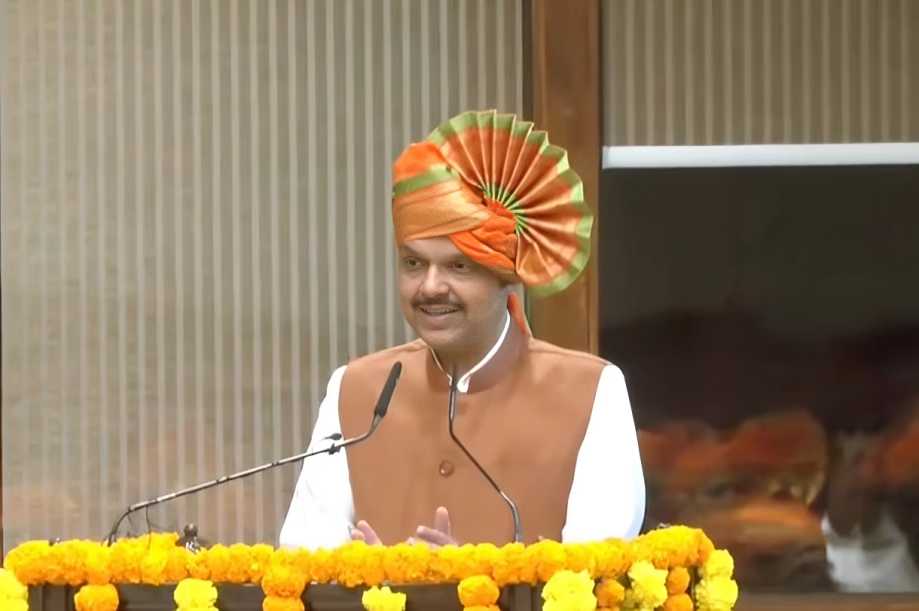November 20, 2025: Thane is grappling with a visible decline in air quality even as the Mumbai Metropolitan Region (MMR) accelerates major infrastructure works—from metro corridors and expressways to tunnels and large-scale redevelopment. Although these projects promise improved mobility and economic gains, Thane has increasingly become a pollution hotspot, frequently recording particulate matter levels higher than Mumbai. Environmental specialists caution that unchecked development may erode long-term sustainability and jeopardise public health.
A recent assessment by iForest, a research think tank, measured pollutants at Kasarvadavali and Upvan Fort, revealing contrasting trends. Sulphur dioxide levels dropped by 30% and 21% in the two areas, but nitrogen dioxide spiked significantly—by 73% in Kasarvadavali and 33% in Upvan Fort. PM2.5 levels in Kasarvadavali breached Central Pollution Control Board (CPCB) annual standards by 1.6 times, with PM10 levels also elevated, especially during winter months. To improve monitoring accuracy, iForest recommended increasing Thane’s existing five air quality stations to eight. According to officials, the rise in pollution stems largely from vehicular traffic and ongoing construction activity.
“Our focus is on expanding electric public transport and ensuring sustainable urban practices across departments,” said a senior TMC environment officer. The civic body currently operates 123 electric buses and plans to introduce 303 more. It is also converting crematoriums from firewood to gas and encouraging bakeries to adopt cleaner cooking fuels.
The Maharashtra Pollution Control Board (MPCB) has reinforced these efforts by tightening dust control norms and mandating enclosures at construction sites. “Strict compliance monitoring and coordinated city-level action are essential to manage air quality,” an MPCB officer noted. Urban planners stress that Thane’s strategic role in MMR’s growth—driven by new metro links, ring roads, and redevelopment—demands policies that pair infrastructure expansion with environmental responsibility.
Experts argue that financial incentives, public awareness, better waste management, and enhanced transport alternatives are key to addressing emissions effectively. As Thane moves through a transformative phase, striking a balance between rapid urbanisation and ecological preservation will be vital to safeguarding both air quality and public health.
Source: Urbn Acres





